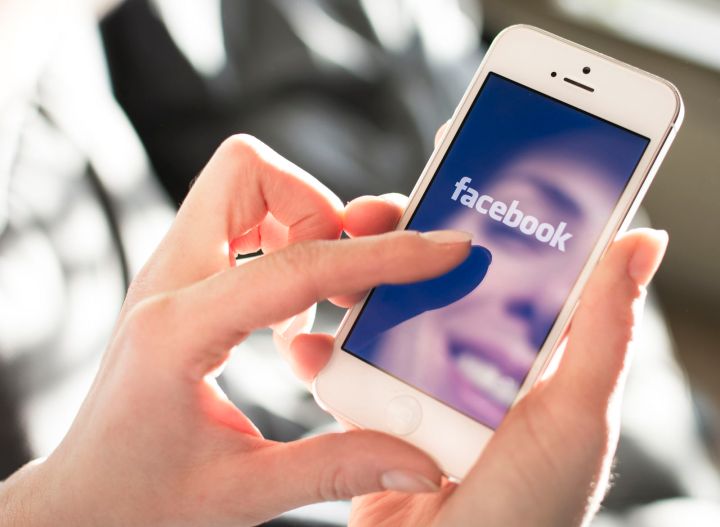
The announcement focused on giving administrators new tools to understand different interactions. The first update is designed to show how many users actually successfully reached the website after clicking on an ad. The new metric, Facebook says, is helping businesses to understand the importance of “optimizing for a better mobile web experience.” With the new metric, page administrators can see if users are clicking the link but then tapping the back button, often a result of slow page-load times.
The second link-focused metric, dubbed the “pre-impression activity breakdown,” offers more insight into just who those clicking users are. The data shows page administrators whether users have been to the website before. Facebook says the data is designed to show businesses running broad advertising campaigns if the effort is reaching new customers.
Another set of metrics is designed to show how followers interact with a page. Along with showing the total number of followers, the insights tab on a desktop computer will display the change in the number of followers. Business owners will also be able to find out where those follows happened, for example, whether that was through a button on a website or directly inside Facebook. The update is also expected to include more demographic information on those followers, as well as which fans are organic and which resulted from a paid ad.
While Facebook metrics typically rely on clicks, a new feature will show page owners how many viewed the page without actually clicking on it. The update will show administrators when a user hovered over page details but didn’t actually click.
The final update expands on Facebook’s recent Recommendations feature that makes it easy for users to ask their friends for suggestions on a local business or service. Now, when a user recommends a business, the business can actually see that recommendation on their page analytics.
Facebook says that the June update is only the beginning — page administrators can expect to see new data-based tools released “about every month or so.” The update comes in a continuing list after an error overestimated some metrics last year.
Editors' Recommendations
- Facebook’s new controls offer more customization of your Feed
- Yes, Twitter is down right now, and we don’t know when it’ll be back
- Facebook’s new Feeds tab emphasizes chronological posts
- The new ways Meta will pay you to make content for Facebook and Instagram
- What’ll happen to your WhatsApp account if you don’t agree to new privacy policy




